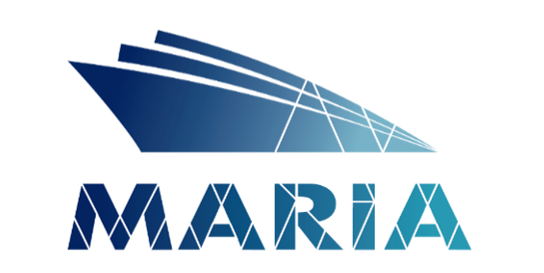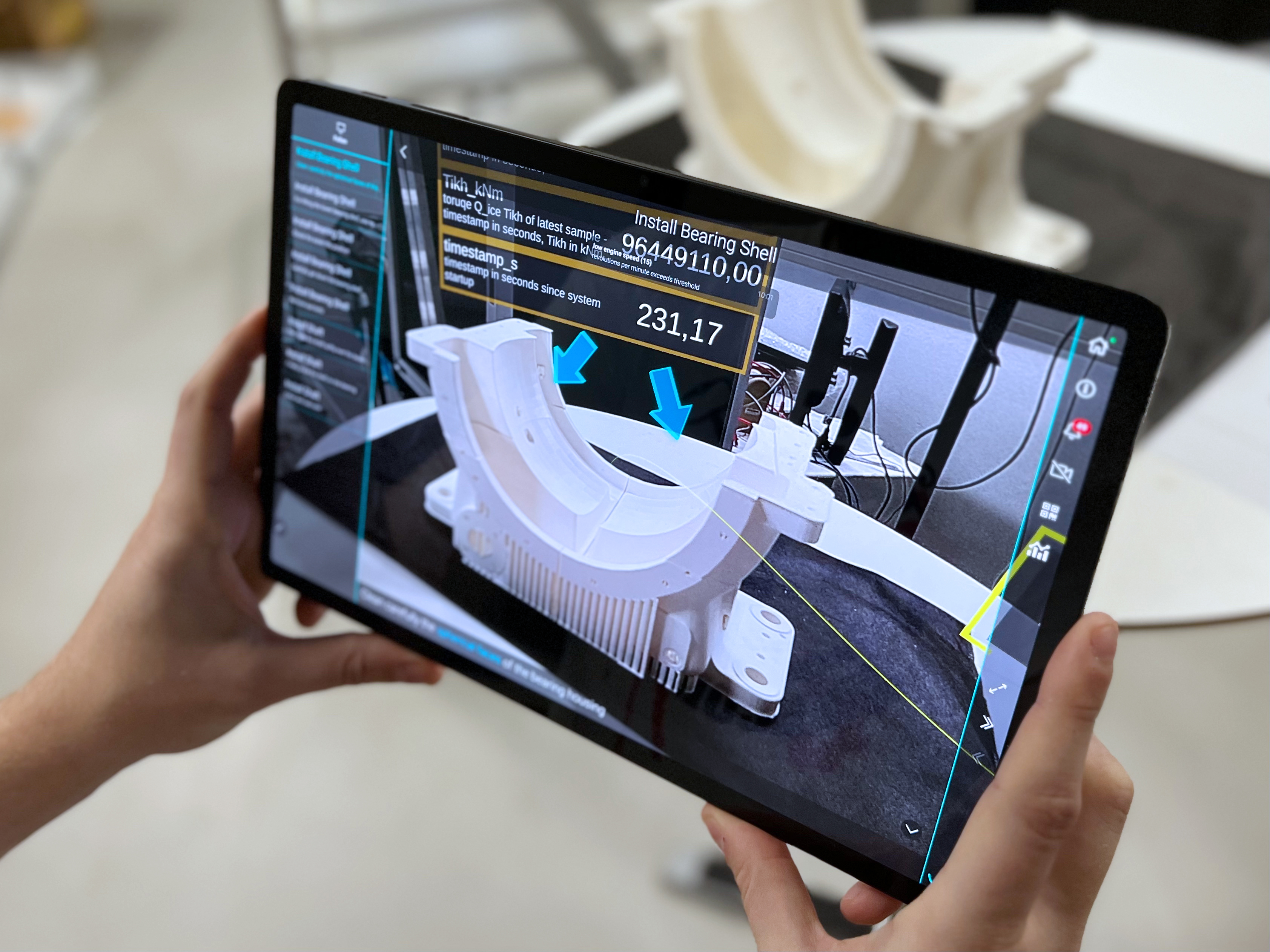Within the scope of the project, Fraunhofer IGD and its partners have identified solutions for the design of smart services in the maritime application area where very specific framework conditions and requirements apply. Ships are highly individualized and technically complex entities, yet for reasons of economic viability, they must be able to operate continuously for several weeks at a time. The project team therefore envisages bringing all the relevant operating data of a ship together in a digital twin and making this available (along with other data and digital services) on a service platform that crew members can access at any time and from anywhere. Machine learning, neural networks and Big Data analytics also allow the automated identification of vulnerabilities and inefficiencies by evaluating the digital ship model. This would, for example, enable a ship’s crew to perform maintenance processes while at sea and thereby prevent costly breakdowns. AR guidance reduces the amount of training required up front and combines a classic maintenance guide with the visualization of real-time data on the current operating status of the ship’s machinery and other components.

 Fraunhofer Institute for Computer Graphics Research IGD
Fraunhofer Institute for Computer Graphics Research IGD
![BMBF_CMYK_Gef_M [Konvertiert]](/en/research/public-projects/maritime-economy/ar-and-intelligent-assistance-systems-in-maritime-service-products/jcr:content/contentPar/sectioncomponent/sectionParsys/imagerow/imageComponent1/image.img.jpg/1687198100783/BMBF-gefoerdert-2017-en.jpg)